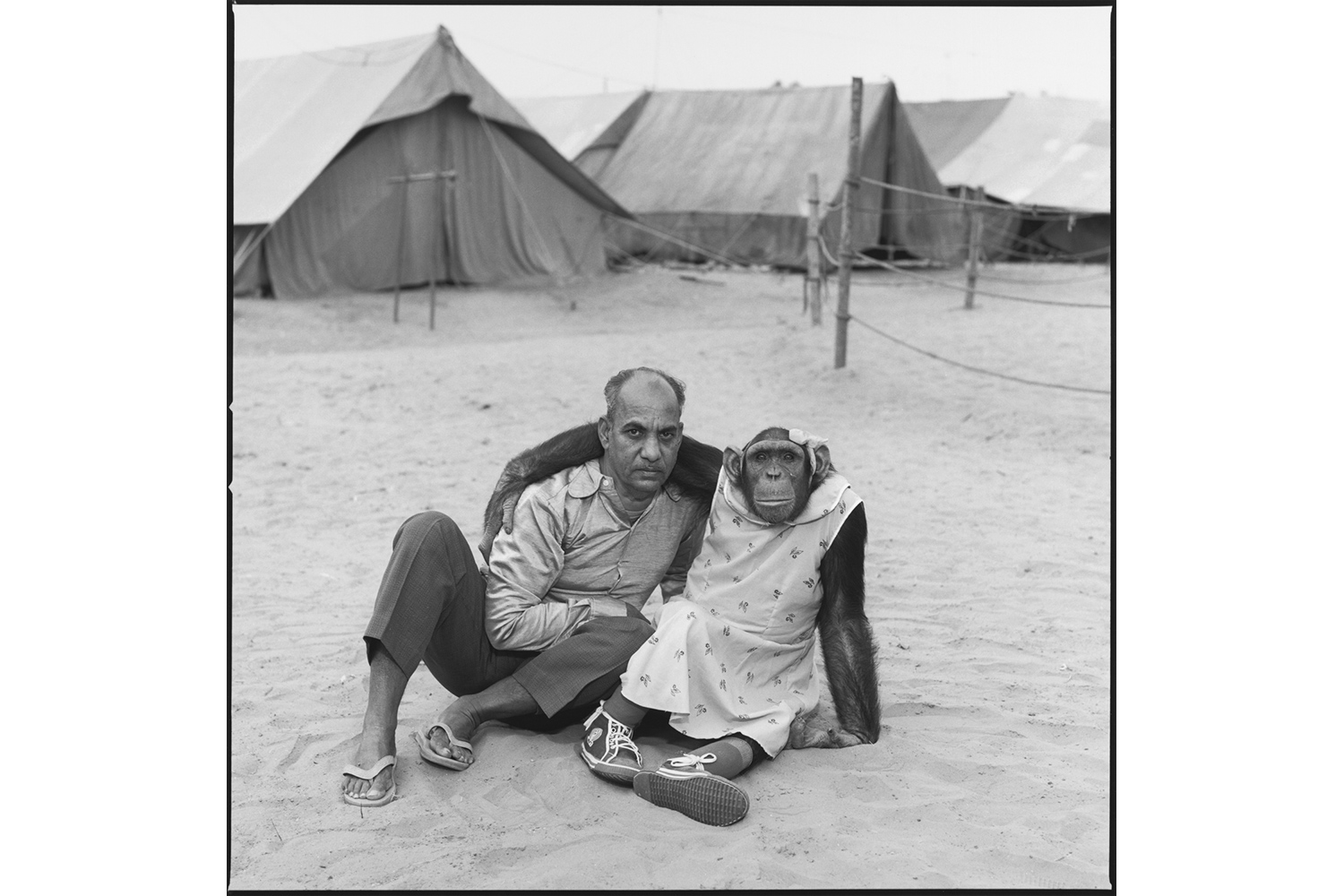
“I like to go back,” photographer Mary Ellen Mark says of her work. “That’s sort of my trademark: to see people, then follow their lives for many years.”
Case in point: the famed documentary photographer first shot Jesse Damm and his family for LIFE Magazine in 1987. In 1994, she went back, to follow up and see what, if anything, had changed in their lives. That’s when she met a dog named Nick.
“The family was squatting on an old, deserted ranch in the high desert outside of Los Angeles,” she recalls. “They had a whole bunch of [stray] dogs. A lot of people who don’t have anything collect dogs; it’s kind of a symbol of having something. Nick was wonderful, but there was a pit bull who was the alpha there and he terrorized Nick. . . . When I was going to leave, I thought, ‘I can’t leave him, he’s so fantastic.’
“He had a dog tag, so I tracked down the people he belonged to and told them that he was living with another family and being really badly treated. But they said, ‘We don’t want him back.’ I took him to my friend Marysa’s house in Hollywood. He was really scared, but as soon as he got out of the car and he saw the house, with a swimming pool, and a garden, he was a happy dog. The first night he was there, they had a big party and he stole the chicken off the table and ate it! He was loved, and he lived about ten more years. He died at the bottom of her bed, and he’s buried in her garden.
“It was just fate that we met,” she muses. “I found out that the day after we left, the police raided that ranch where the family was living, and they euthanized all the dogs.”
Mark’s story of rescuing Nick is telling. She’s humane and persistent, a friend to animals, and attuned to the suffering and beauty of life.
Best known for in-depth documentary projects, she was once cursed and clobbered with garbage while photographing prostitutes in Mumbai. In 1976 she shot the women’s maximum security ward of a mental hospital. (TIME’s art critic Robert Hughes called the work “one of the most delicately shaded studies of vulnerability ever set on film.”) In 1983, she befriended and photographed a 13-year-old prostitute in Seattle named Erin “Tiny” Blackwell—and remains in touch with her to this day.
“I don’t relax,” Mark has said. “I can’t take vacations. I’m obsessive-compulsive and I worry with every project that I’m going to fail. When it starts to go well, and I sense that something beautiful and important and meaningful is being created, it’s a fantastic feeling and I find it very hard to stop.”
Mark teaches a photo workshop twice a year at the Centro Fotográfico Manuel Álvarez Bravo in Oaxaca, Mexico. The Centro owns dozens of Mark’s prints, and the director, Daniel Brena, decided to curate a show using only her photos of animals. It will run from September 20th to November 25th.
Seeing the work of a master edited in a new way is always refreshing—and, in this case, it makes complete sense: Mary Ellen Mark is obsessed with animals. While some of the images were shot on assignments that had little to do with animal life, many of them were shot in circuses. “I could spend my whole life photographing circuses,” Mark says. “They combine everything I’m interested in—they’re ironic, poetic and corny at the same time. There’s also something about a circus that’s magical, sentimental and almost tragic, like a Fellini film.”
But above all, she says, “I have an incredible relationship with dogs. I’m kind of a dog-whisperer.” She admits that she’s “not much for cats [and] I’m terrified of mice. I’ve worked a lot with elephants and they are extremely intelligent and sensitive and thankfully they seem to like me. You never want to get on the bad side of an elephant. And never trust a chimp.”
Mary Ellen Mark is a photographer based in New York. Her book Man and Beast (University of Texas Press) comes out in Spring 2014.
Myles Little is an associate photo editor at TIME.
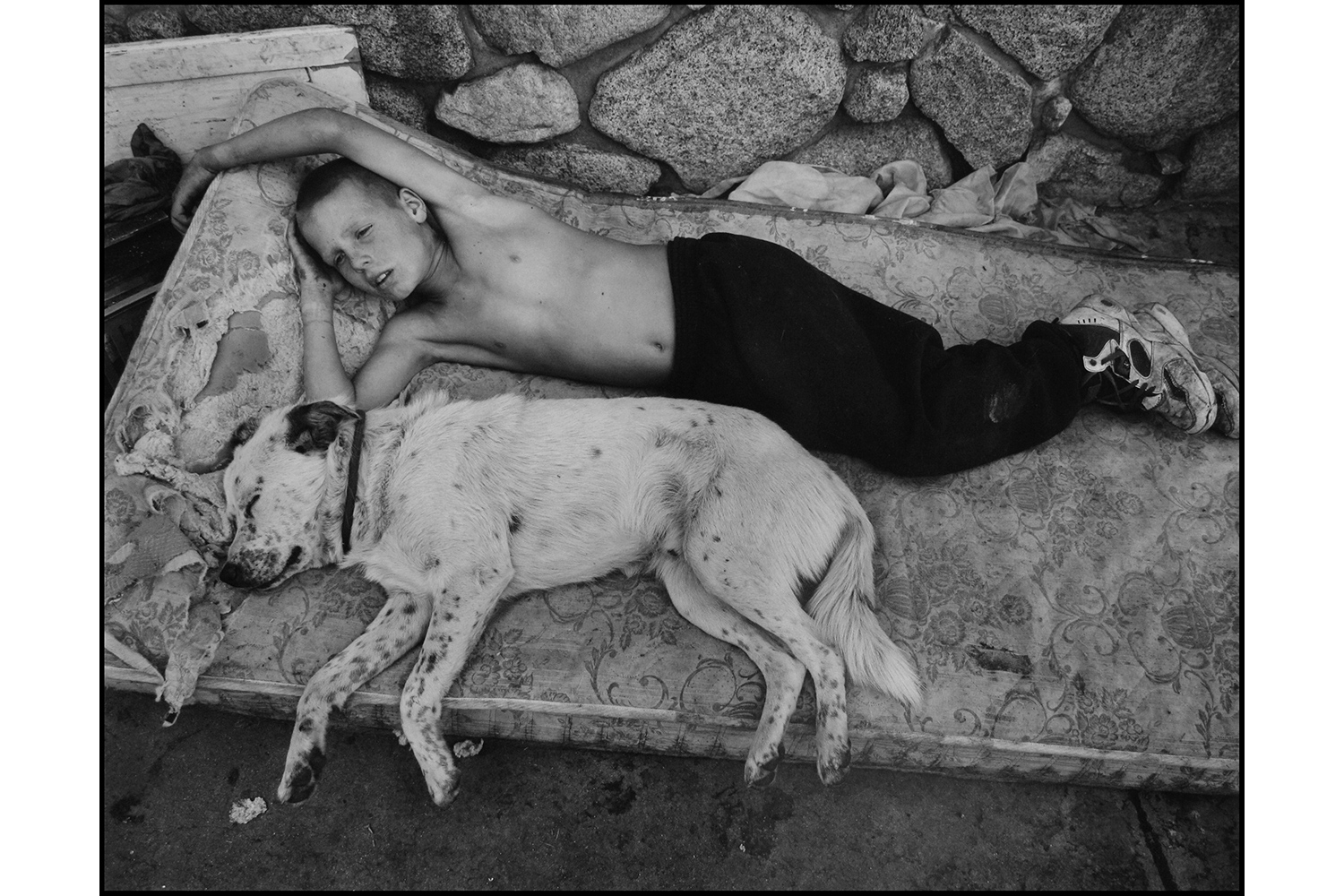
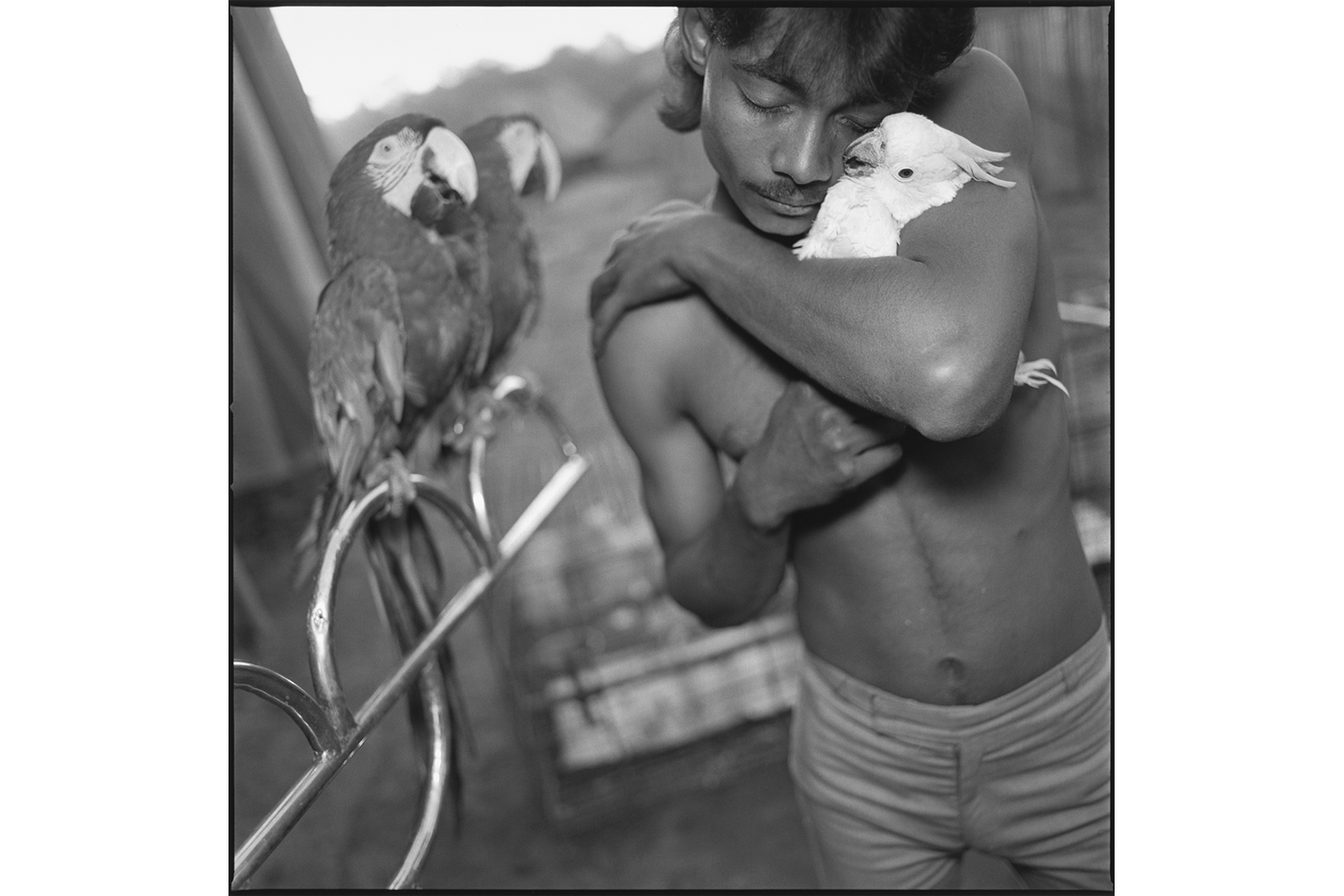
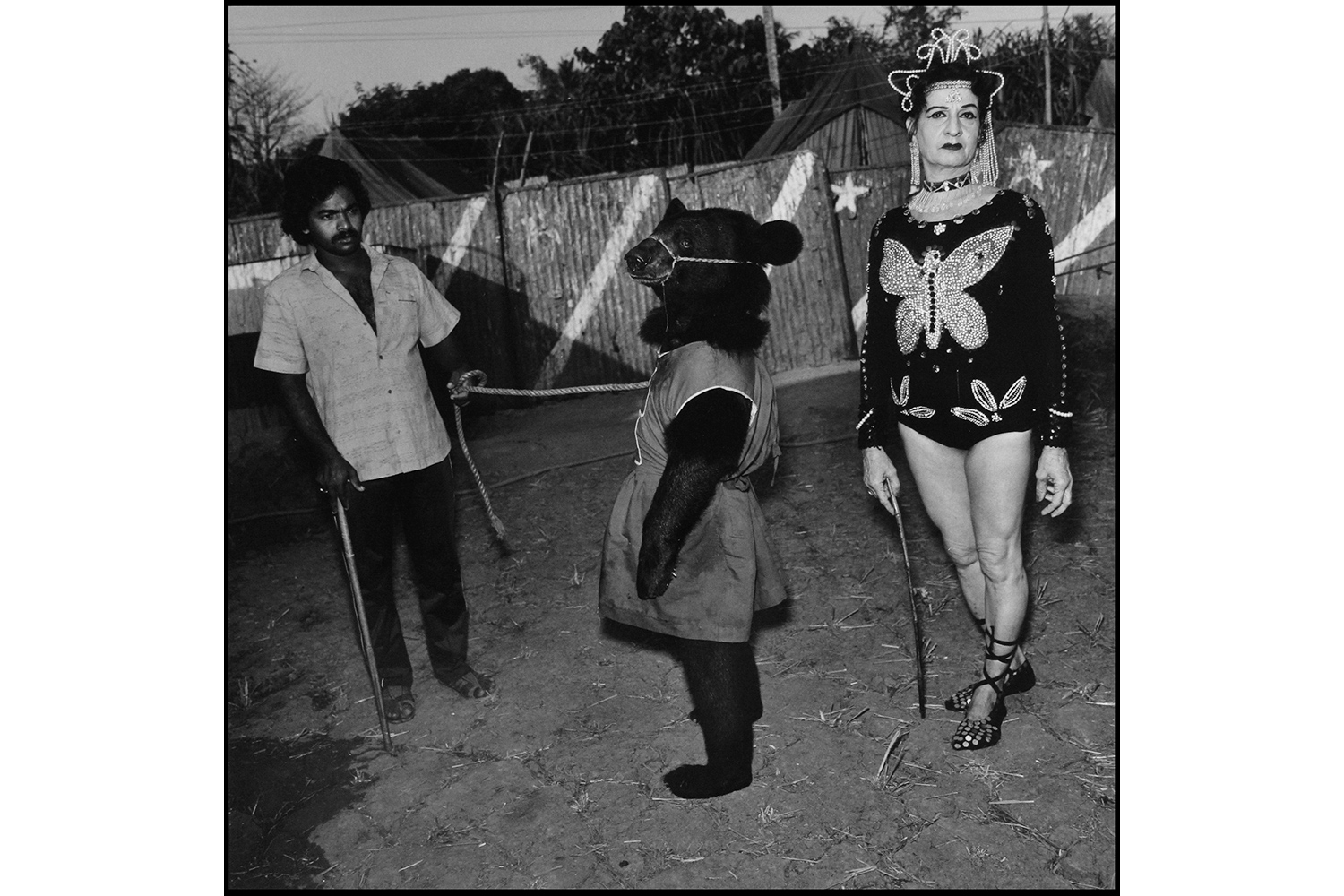
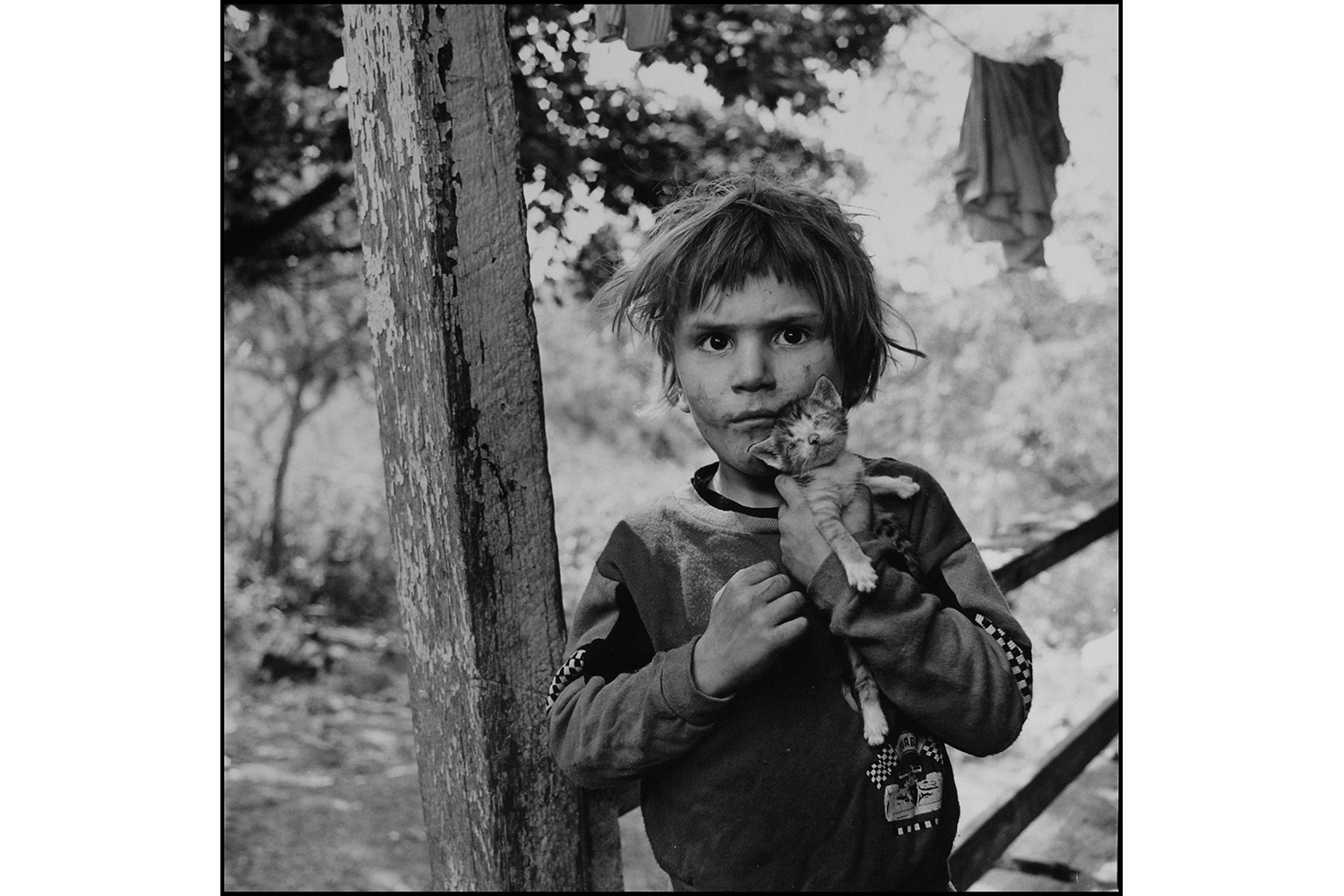
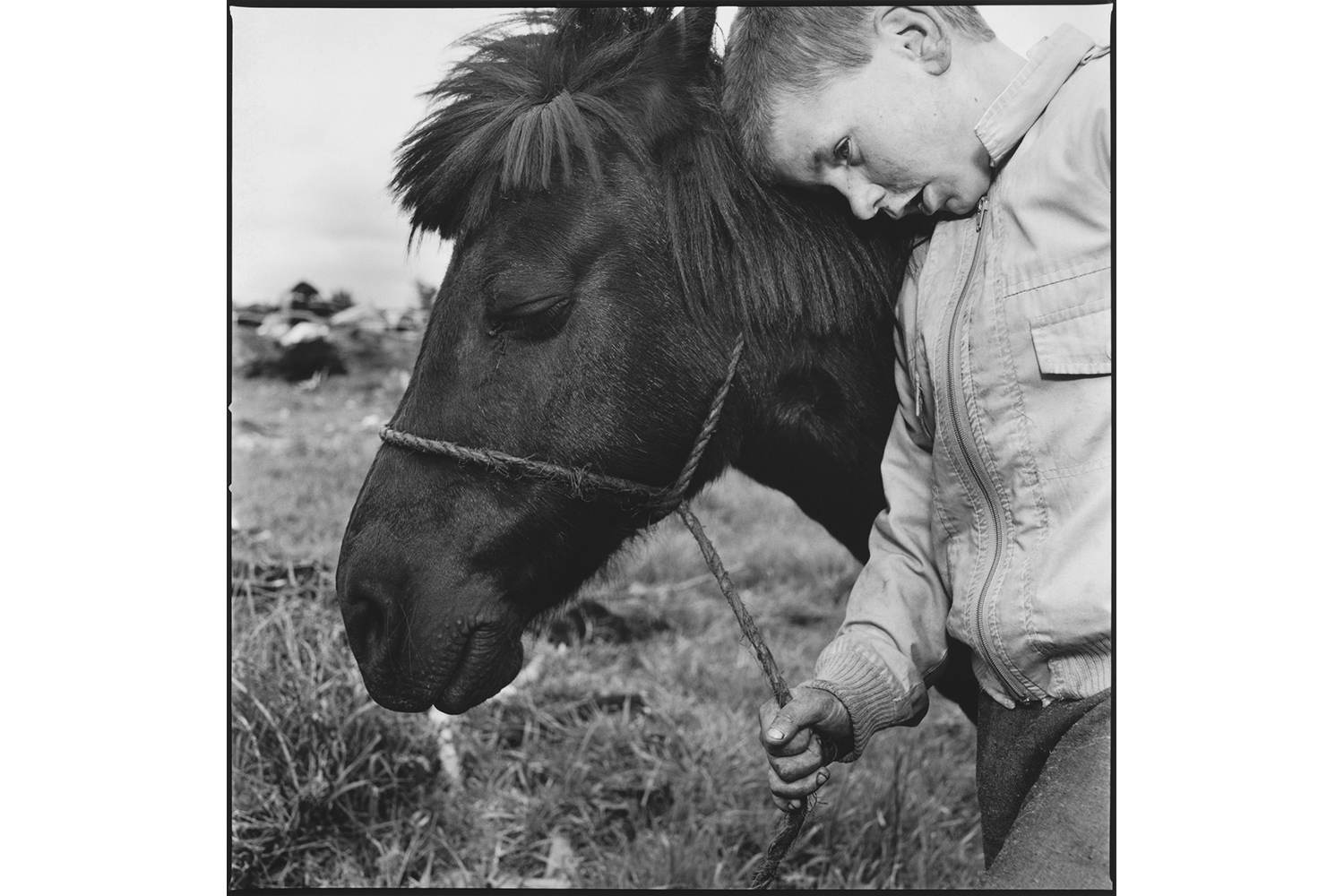
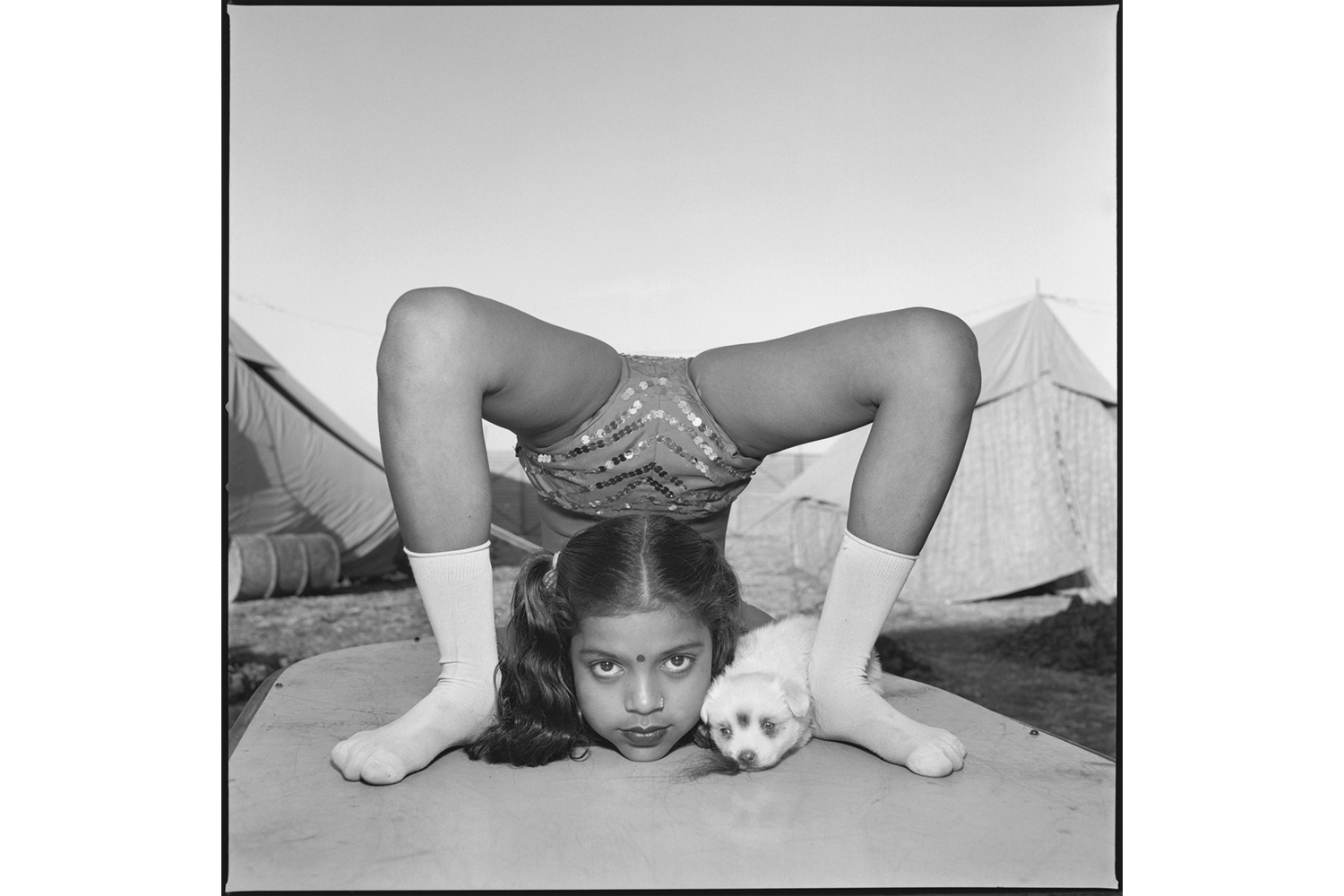
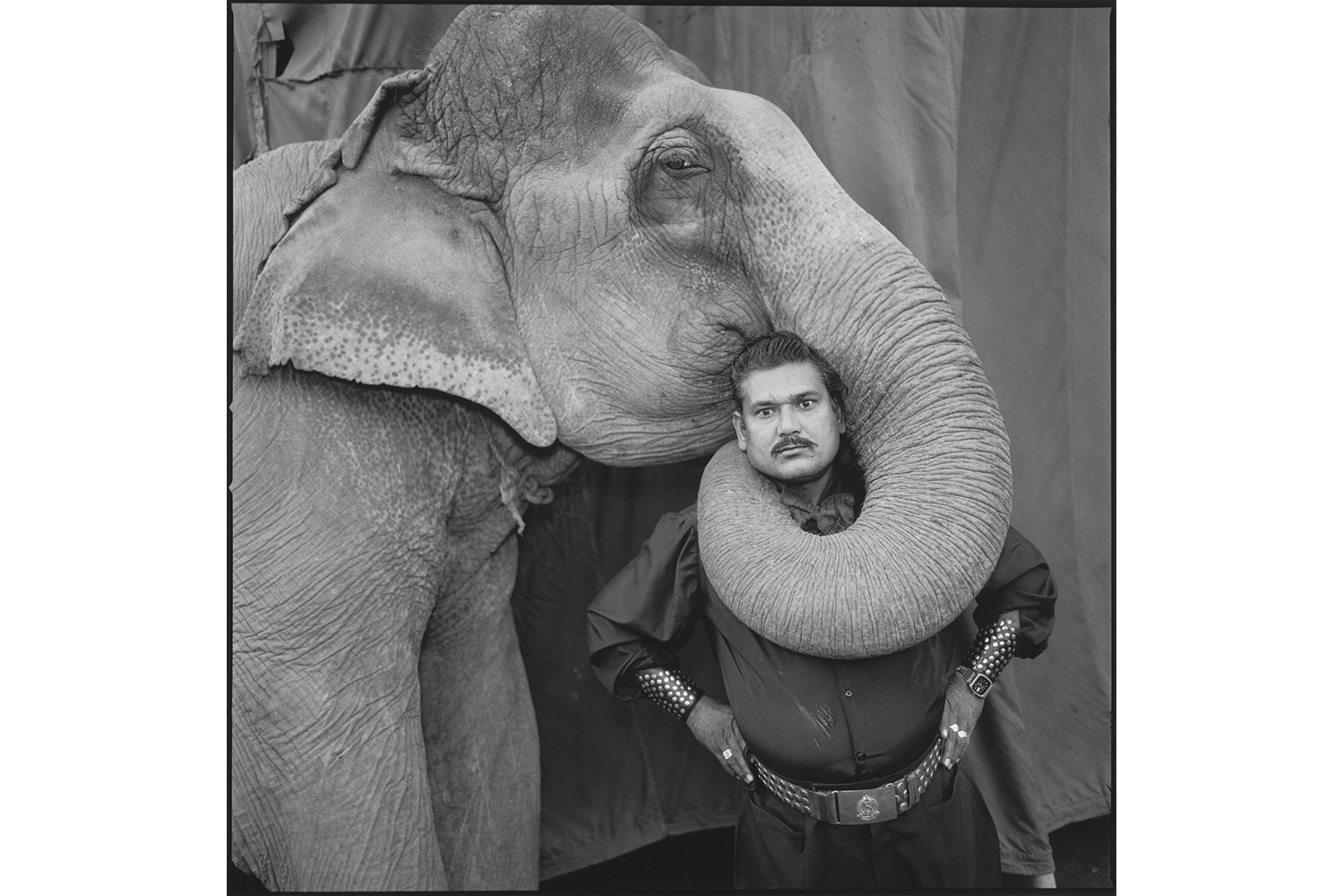
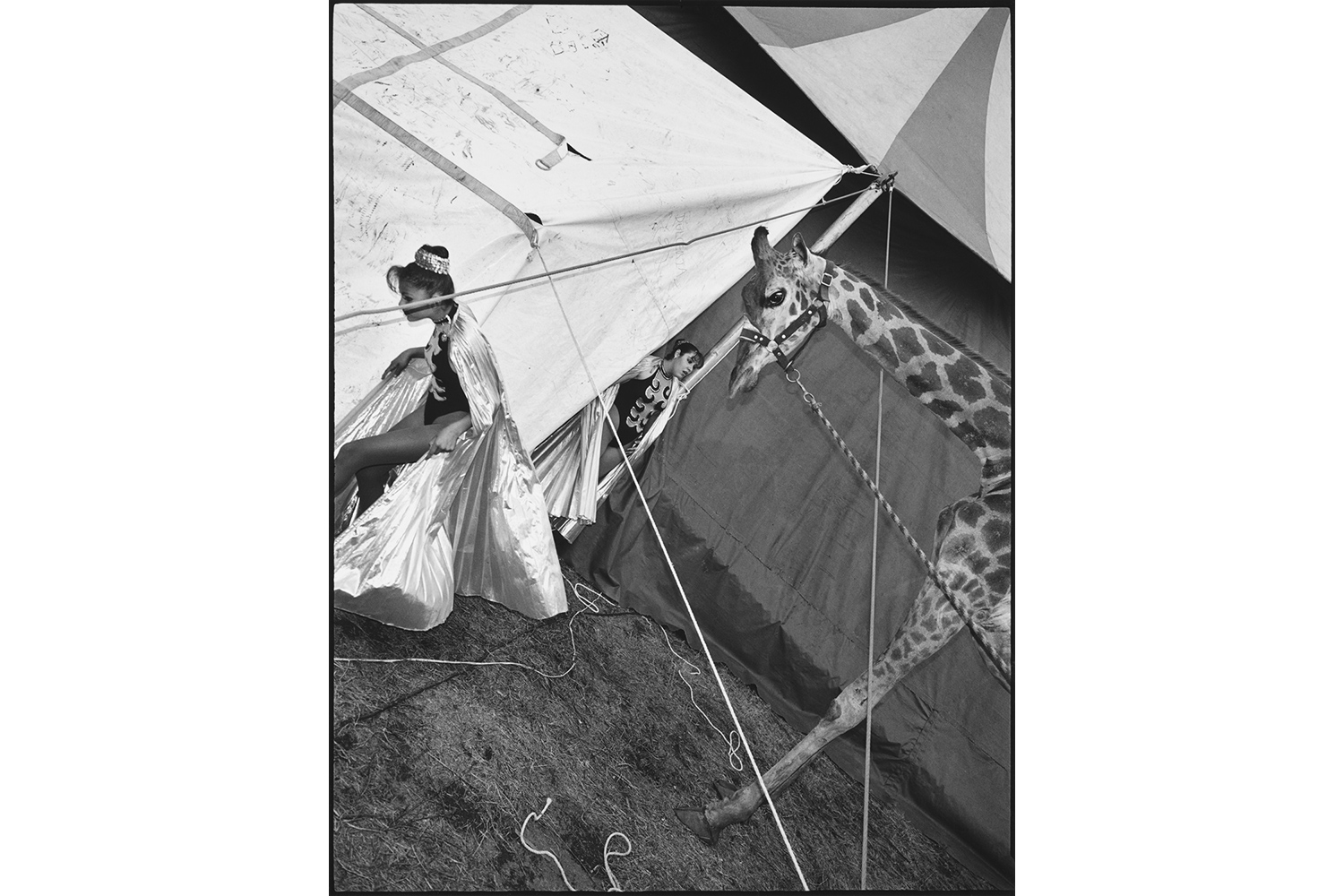
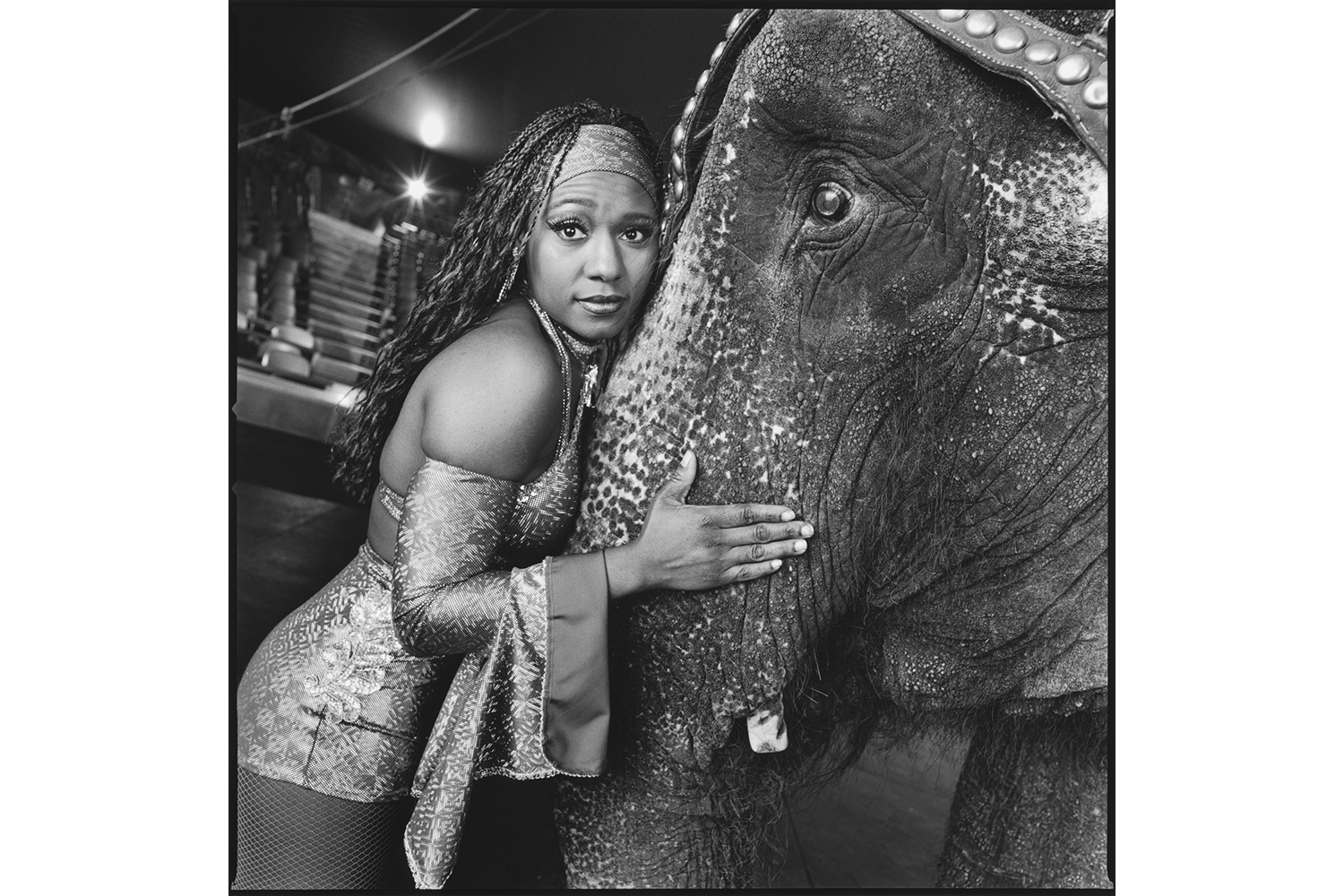
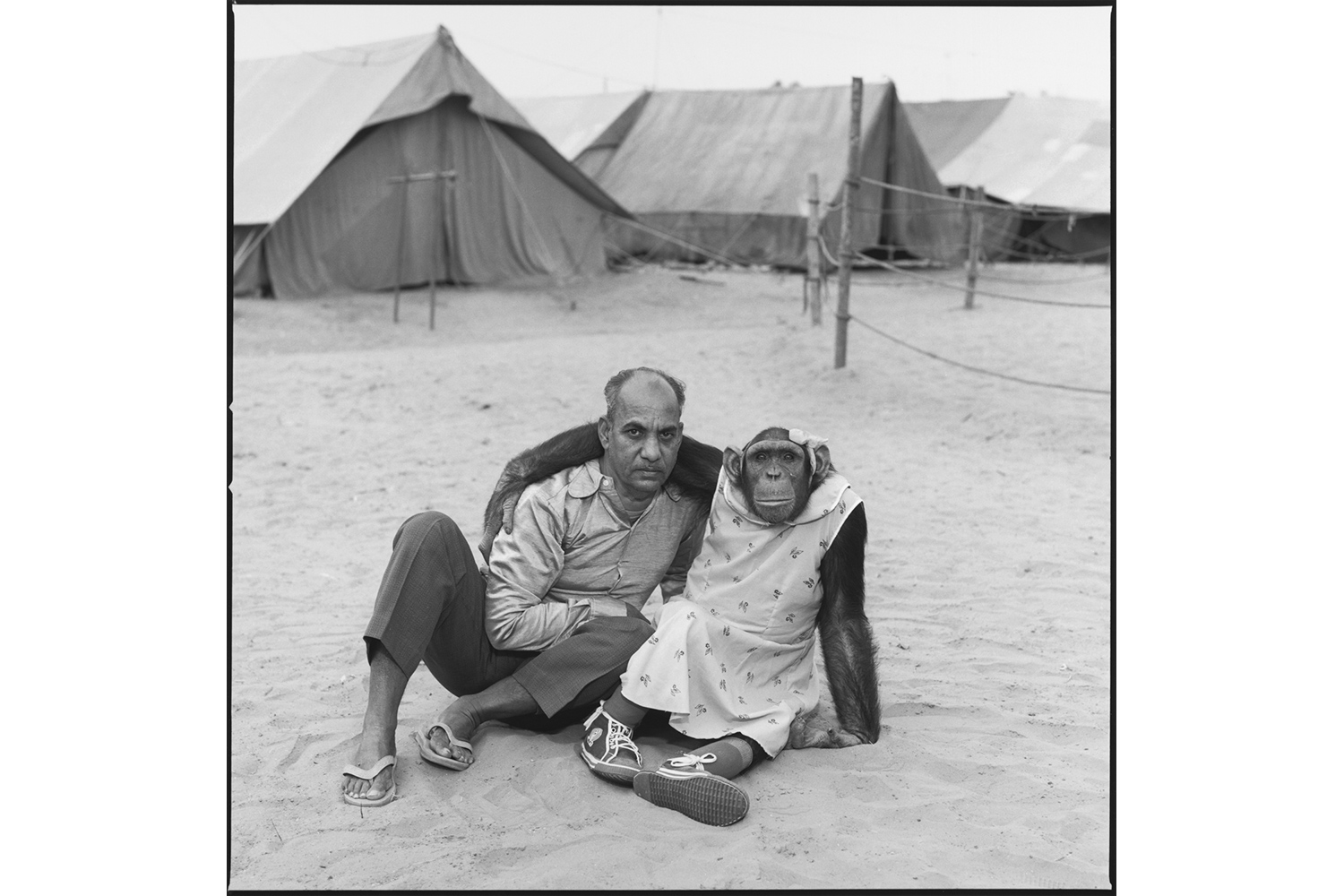
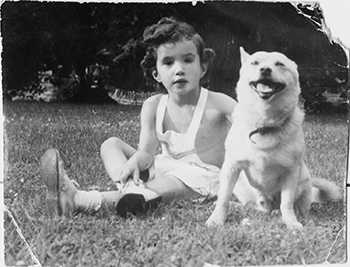
More Must-Reads from TIME
- Donald Trump Is TIME's 2024 Person of the Year
- Why We Chose Trump as Person of the Year
- Is Intermittent Fasting Good or Bad for You?
- The 100 Must-Read Books of 2024
- The 20 Best Christmas TV Episodes
- Column: If Optimism Feels Ridiculous Now, Try Hope
- The Future of Climate Action Is Trade Policy
- Merle Bombardieri Is Helping People Make the Baby Decision
Contact us at letters@time.com